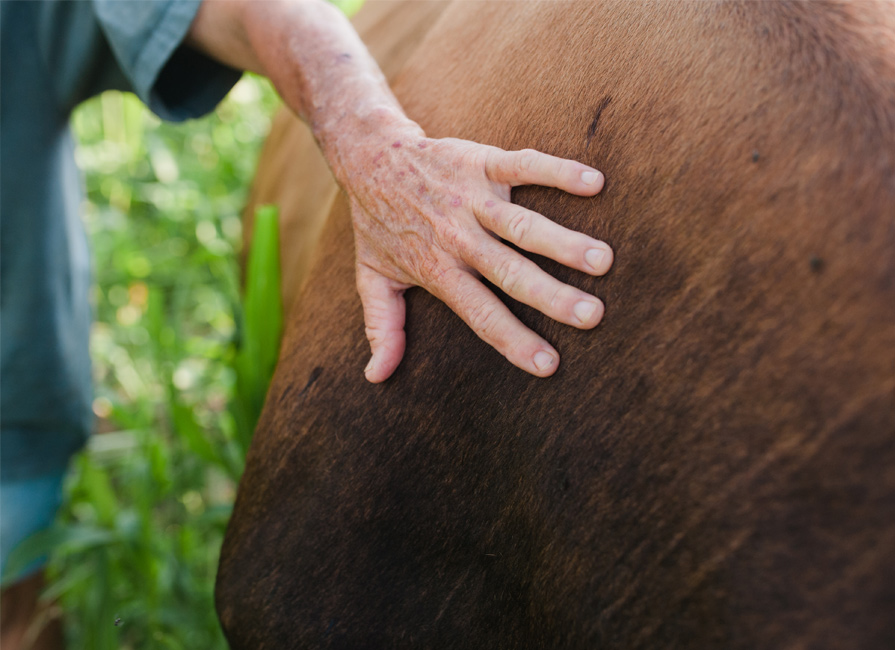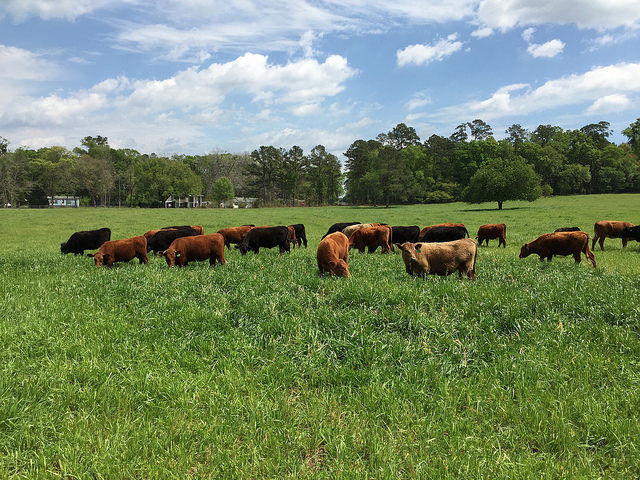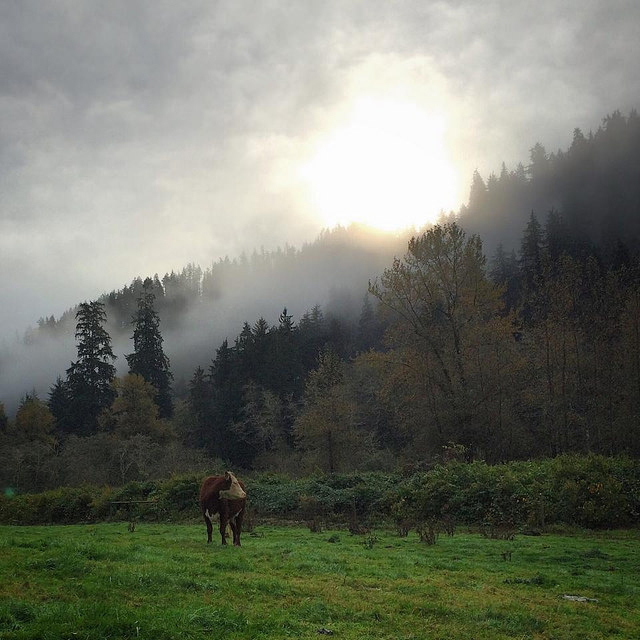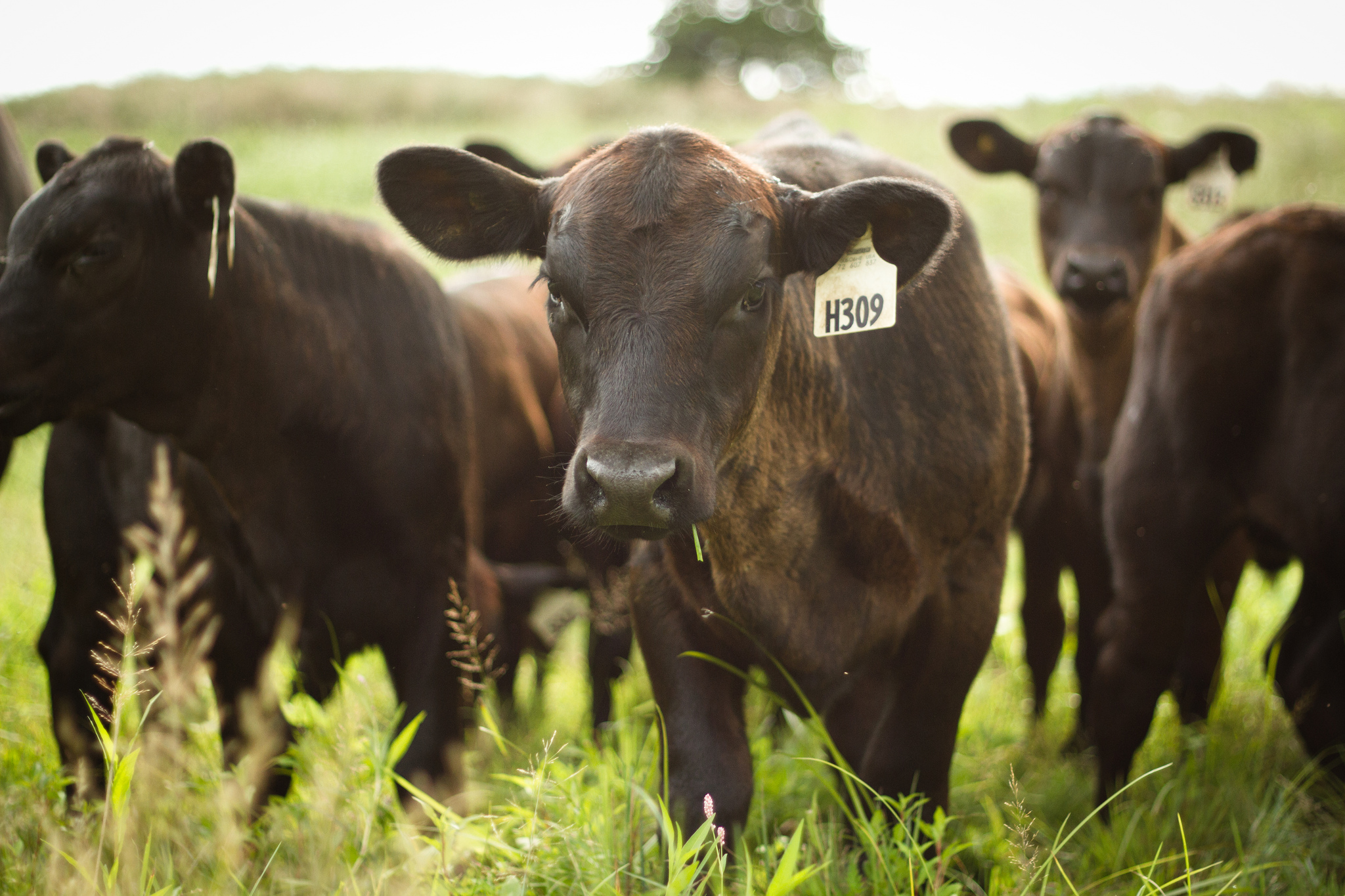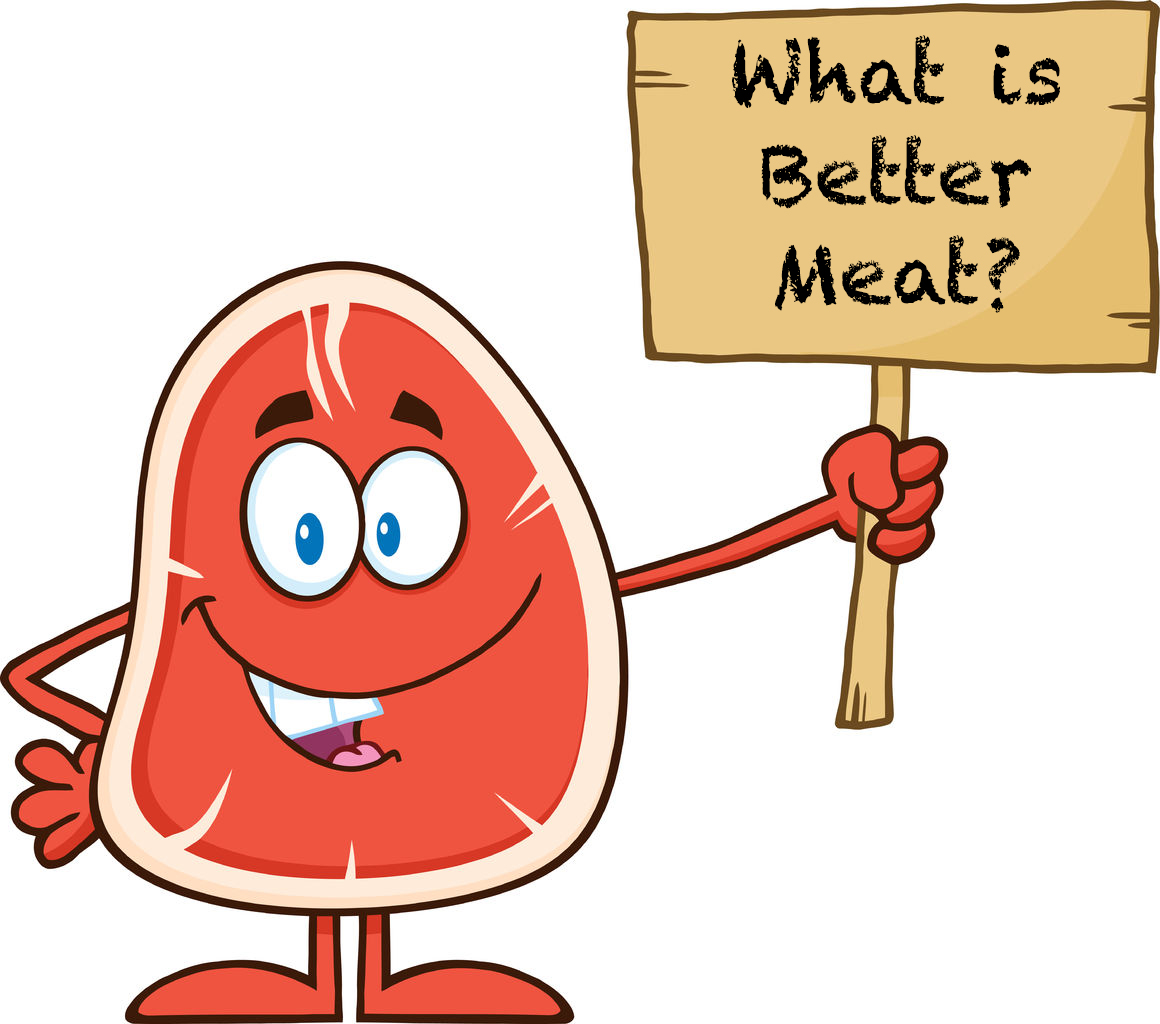Can We Really Expect Consumers to Shake Every Farmer’s Hand?
“Eat meat from people whose hands you can shake and whose ranches you can visit.” This was the take away from a recent OpEd that has been making the rounds, written by Ariel Greenwood, grazing manager at Freestone Ranch in the…

